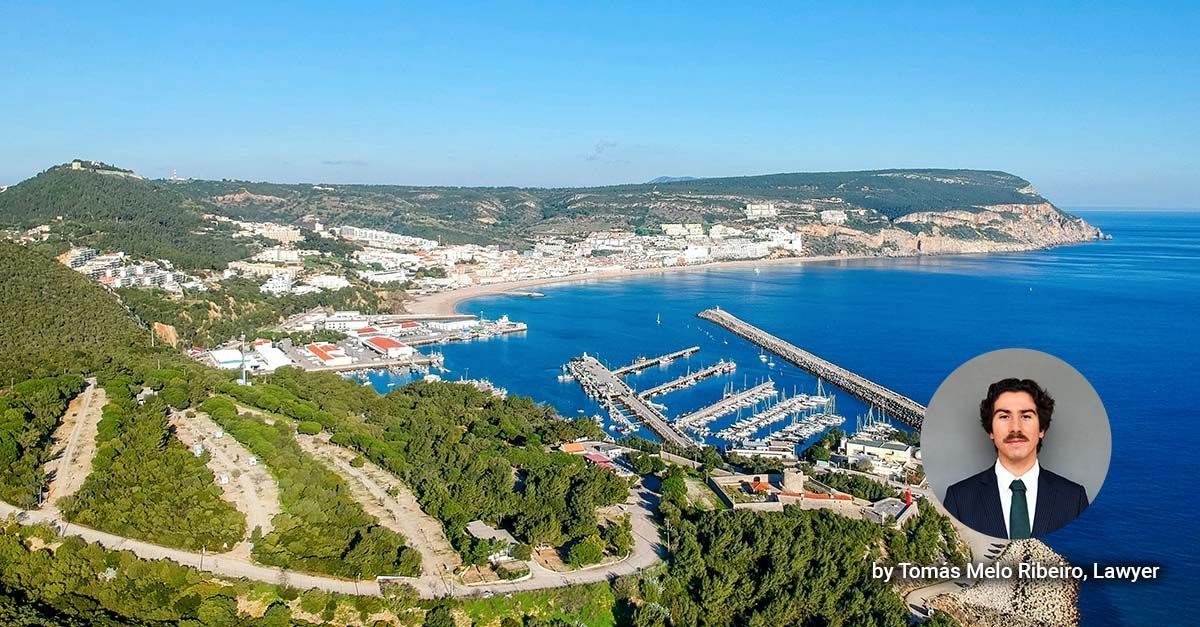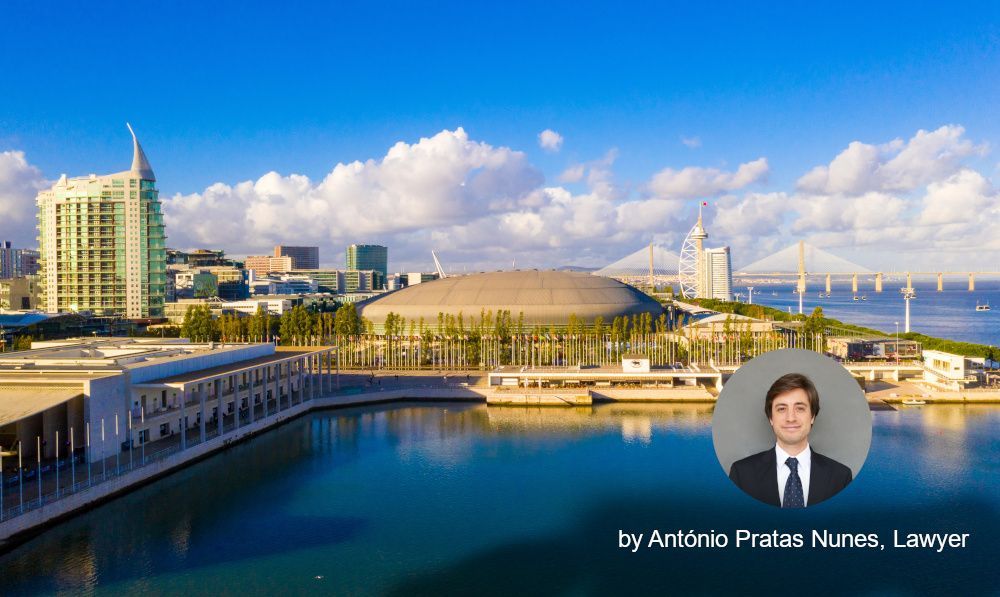“No Appointment? No Problem: Solving the Visa Conundrum in Portugal”

Margarida Tempera | Lawyer
Portugal’s charm has made it a prime destination for immigrants, drawing people with its sunlit coasts, safety, and a lifestyle that feels like a lifestyle reminiscent of a constant holiday.
However, behind this idyllic exterior lies an immigration system riddled with inefficiencies, leaving many visa holders stuck in limbo, grappling with a peculiar predicament when receiving a visa without a corresponding appointment to process their residency.
Despite its ambitious mission to streamline immigration processes, it has struggled to deliver, leaving applicants navigating an administrative labyrinth.
For many, receiving a visa is the first tangible step toward building a life in Portugal, as it signals hope, the promise of stability, and the possibility of embracing new opportunities. Yet, the excitement often gives way to frustration when visa holders realise that their documents lack the crucial next step: an appointment to finalise their residency permit, as without this, the visa serves as little more than a temporary pass, leaving immigrants in a precarious legal grey area.
Obtaining a residence visa for Portugal starts with submitting the application alongside the required documents and if applicable scheduling an interview at the Portuguese Consulate, which, in theory, seems simple enough, right?
Once the application is reviewed (assuming all the stars align), the Consulate will issue a magical document that allows up to two entries and a stay of up to four months in the country, commonly referred to as a shiny residence visa.
Here's the kicker: attached to this visa is usually a precious link, as important as a golden ticket, because it is that link that provides the date for your in-person scheduling appointment with AIMA, promising to reveal the date, time, and location of your rendezvous with Portuguese bureaucracy.
But what if there is no link? Welcome to the next level of the game.
Now, you must tackle the Herculean task of scheduling the appointment yourself, which involves endless attempts to contact AIMA - think thousands of calls a month and dozens of emails shooting into the ether.
If you have ever wondered what it feels like to shout into the void, this might be your chance.
The absence of an appointment is not just a clerical oversight; it has significant legal and practical implications.
Without a residency appointment, immigrants cannot obtain essential documents that contribute to their daily lives and stability in Portugal, which results in the uncertainty that often forces individuals to navigate everyday life with restrictions, unable to integrate into Portuguese society fully.
This systemic flaw stems from the sheer volume of applications that AIMA receives daily.
Well, why does AIMA not respond? Well, here’s the plot twist: we don’t know either.
Portugal’s growing popularity as a relocation hub has overwhelmed its administrative capacity, leading to delayed responses and incomplete processes, as the lack of a synchronised system between visa issuance and residency scheduling exacerbates the issue, leaving applicants to fend for themselves in an opaque and disjointed system.
Faced with administrative silence, many immigrants feel trapped and uncertain about how to proceed. However, Portuguese law offers a remedy, as the legal framework prioritises the protection of fundamental rights, including the right to legal residency for those who meet the requirements.
When polite persistence gets you nowhere, and administrative failures threaten these rights, individuals can turn to the courts for resolution.
The legal mechanism most suited for this scenario is the Subpoena for Protection of Rights, Freedoms, and Guarantees. This tool, embedded in Portuguese Administrative Law, is designed to address urgent violations of fundamental rights and, by filing it, applicants can compel AIMA to act, ensuring their case is addressed with priority.
The process is straightforward yet impactful, as once the subpoena is filed, the courts act swiftly, often requiring AIMA to respond within days.
The goal is to resolve the matter urgently, recognising the critical importance of legal residency for immigrants. Yes, that’s right, when patience runs out, legal summons step in.
This nifty legal tool compels action, cutting through the red tape and ensuring your case is heard.
Although court proceedings add an additional layer to the process, they remain one of the most effective ways to hold the system accountable and ensure timely action.
For those navigating this issue, it is crucial to remain proactive.
Regularly checking the status of your application, maintaining clear records of all correspondence, and promptly addressing any requests from AIMA can prevent further delays.
While the system may feel daunting, persistence and informed action can make a significant difference.
The broader implications of this issue extend beyond individual cases, as they highlight the need for systemic reform within AIMA to address the root causes of inefficiency, streamlining processes, investing in digital infrastructure, and increasing staffing are essential steps to ensure the agency can meet the demands of Portugal’s growing immigrant population.
While the road to residency may be fraught with challenges, it is not without solutions. Portugal’s commitment to upholding fundamental rights provides a safety net for those caught in the system’s inefficiencies.
With the right support and a clear understanding of the available legal remedies, immigrants can navigate these hurdles and secure the residency they need to build their lives in Portugal.
If you find yourself holding a visa without an appointment, remember that you are not alone, there is a path forward, and with persistence and the right guidance, the life you envisioned in Portugal is still within reach.
So, while the road to securing a residence visa might feel like a never-ending soap opera, rest assured that it comes with solutions.
Whether through connections, persistence, or even a subpoena, the dream of Portuguese residency is still within reach, despite the bureaucratic hurdles!
Take the first step and
contact us to see how we can help you in your residency journey in Portugal.











